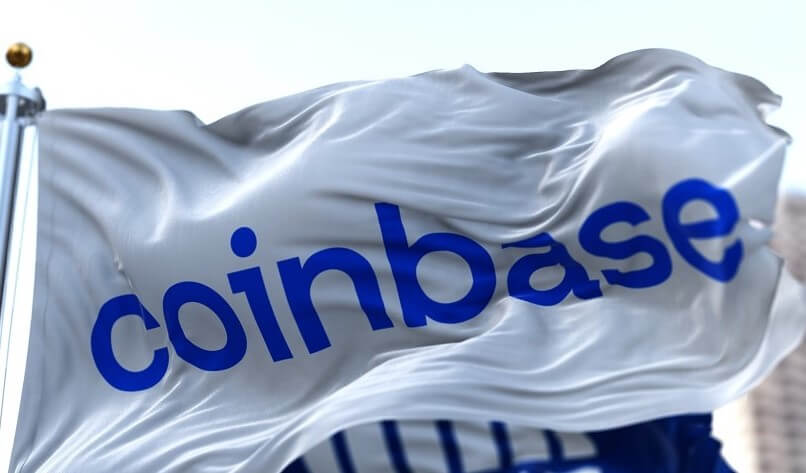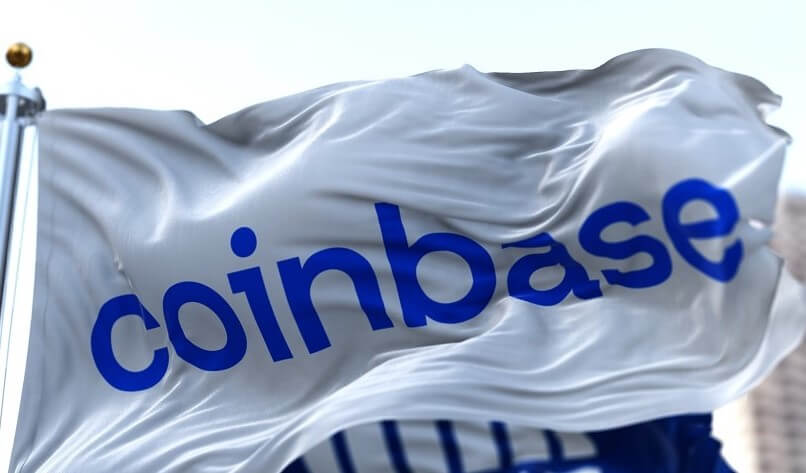US Supreme Court Takes on Landmark Crypto Case with Coinbase Lawsuits Today – Here’s What You Need to Know

Today, the US Supreme Court is set to hear arguments in Coinbase‘s efforts to push two class-action lawsuits against it into arbitration.
Although it is not a case specifically related to cryptocurrency, this event holds significant historical value as it marks the first time that all nine Justices of this court will preside over a legal dispute involving crypto-related matters.
Indeed, Bloomberg reported that the case is primarily focused on a procedural dispute over arbitration, rather than cryptocurrency itself, adding:
“At issue is whether a lawsuit can move forward in federal court while a company presses an appeal that would send the case to arbitration.”
This refers to the company’s user agreement that requires disputes to be sent to arbitration. A federal court, however, allowed the two cases in question to proceed.
Coinbase filed a joint petition to the Supreme Court and argued that trial court proceedings should be automatically paused when a party files a non-frivolous appeal seeking to compel arbitration.
As for the two lawsuits: in one, Coinbase user Abraham Bielski claims that the exchange should compensate him for the $31,000 he lost after he gave a scammer pretending to be a PayPal representative remote access to his account in 2021.
The company’s customer service system failed to appropriately respond to requests for assistance, Bielski stated.
The other lawsuit claims that Coinbase held a $1.2 million dogecoin (DOGE) sweepstakes without adequately disclosing that entrants didn’t have to buy or sell the coin.
User David Suski sued the exchange and marketing firm Marden-Kane, alleging that Coinbase’s marketing for the sweepstakes deceived customers on whether they could participate for free or had to buy the coin first.
Arbitration agreements are common in crypto as in any other industry with retail business and large customer bases. Bloomberg Intelligence litigation analyst Elliot Stein stated that,
“Coinbase is no different than a lot of those other companies. […] It just happens to be a crypto-related company.”
And this is no small deal either, as the decision the court reaches is likely to influence future crypto-related cases. According to the law firm Miller & Chevalier,
“The question presented by Coinbase’s petition has broad implications for the emerging litigation landscape in the cryptocurrency market. The digital asset offerings within the fintech sector such as crypto-exchanges and non-fungible token (NFT) marketplaces include arbitration agreements that users must accept to access offerings.”
The court will convene at 10 am ET.
Meanwhile, as reported in February, the exchange succeeded in its legal battle against a lawsuit filed by a group of clients who claimed the platform facilitated the sale of unregistered securities and failed to register as a broker-dealer.
The class-action suit was dismissed.
‘Just the tip of the legal iceberg’
Given an ever-growing list of legal questions prompted by the crypto market growth and the string of crypto company failures, Gerard Comizio, associate director of the business law program at American University’s Washington College of Law, commented on the Cooinabse case and told Bloomberg that,
“It’s just the tip of the tip of the iceberg on crypto-related litigation.”
One of the most significant legal questions out there is that of securities – that is, the US Securities and Exchange Commission (SEC)’s ongoing attempts to classify cryptoassets as securities. Some experts argued that the SEC may hit an obstacle with the Supreme Court.
“I think the current Supreme Court is probably eager in some ways to rein in what a lot of industry folks consider to be a very aggressive SEC,” said Stein.
One of the best-known cases in this area is that of the SEC versus California-based start-up Ripple, wherein the regulator accused the company of selling unregistered tokens, XRP, without proper disclosure.
A federal judge in New York is expected to deliver the decision in the case in the first half of this year, and it is bound to affect the crypto industry at large.
Notably, there is a connection to Coinbase here as well. At the very end of 2020, it was reported that an alleged customer hit the trading giant with a class-action lawsuit, claiming that it “illegally sold” him “securities” in the form of XRP tokens.
Besides the ‘securities issue’, there is the ‘commodities issue’. The US Commodity Futures Trading Commission stated that some cryptoassets like Bitcoin (BTC) are commodities and argued for Congress to pass legislation to give it federal oversight over these coins.
And there are numerous other legal questions to be answered, such as how to apply federal tax, money laundering, and antitrust laws to the industry, which are complicated by blockchains’ decentralized nature.
____
Learn more:
– Legal Woes: Coinbase Faces New Class Action, IRS Allowed to Investigate SFOX’ Customers, Another Objection in SEC-Ripple War
– Coinbase Sued Over Collapsed Stablecoin, but It’s Not UST (Yet)
– XRP Price Prediction as Judge Tries to Ban Prominent XRP Advocate in Court – What’s Going On?
– XRP Price Prediction as Ripple CEO Confirms Exposure to Silicon Valley Bank – What Does This Mean for XRP?
– Different Categories of Cryptocurrencies
– The Difference Between Bitcoin and Traditional Currencies



